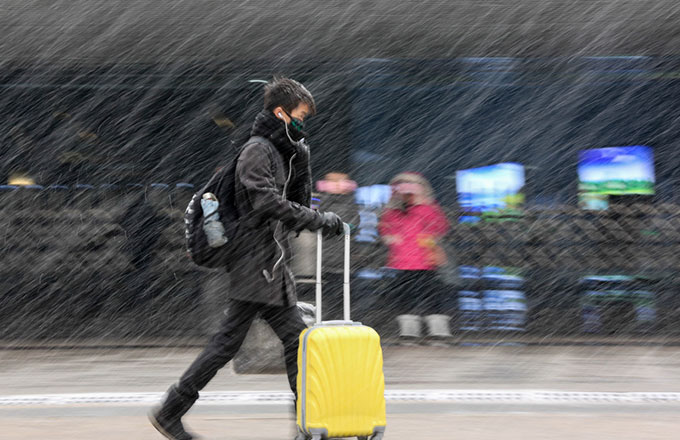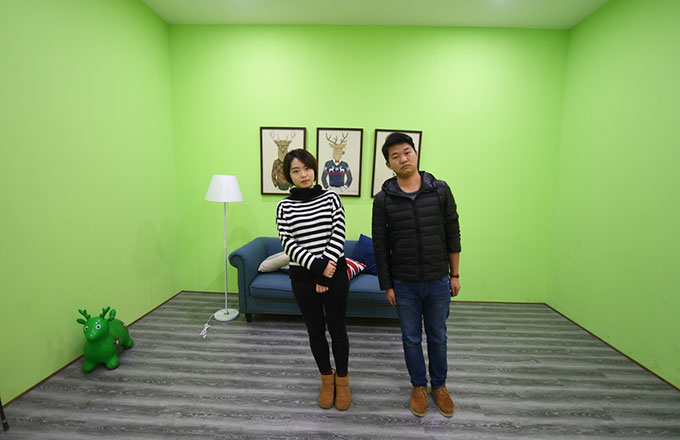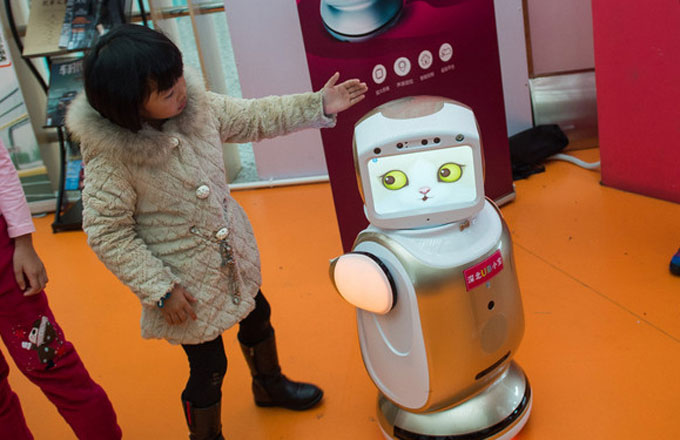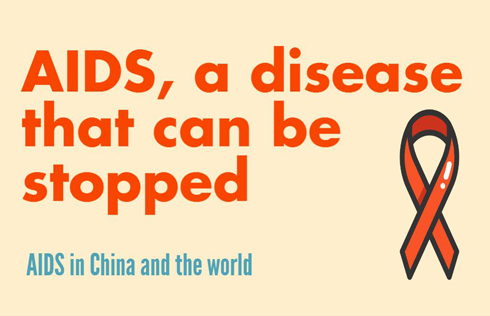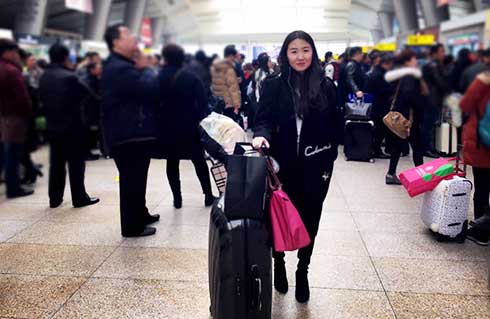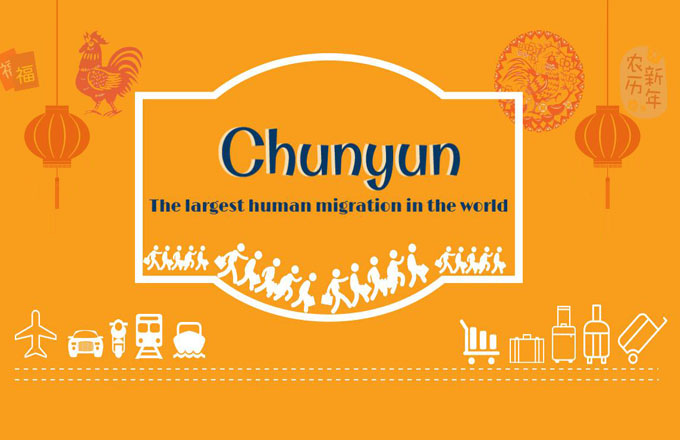The cafe where love is the main ingredient
 |
|
The cafe's profits go to the Chi Heng Foundation, which helps AIDS orphans in rural areas. [Photo by Gao Erqiang/China Daily] |
Blood money
In the 1990s, many people in the rural regions of some central provinces sold their blood for profit. "What they earned by selling their blood once was almost equivalent to a month's income," according to a 2008 report in the Global Times.
The blood was sold to biotech companies, which manufactured products such as albumin. However, the companies only wanted the plasma, and once that was siphoned off, the blood cells were reinfused into the donors' bodies.
Tens of thousands of people were infected as a result of insecure practices, such as mixing samples from different people-some with HIV/AIDS-in the same containers. The problem was exacerbated by a lack of sterilization procedures, which resulted in the recycling and reuse of needles, blood bags and other equipment that came into contact with samples.
Although the practice was halted in the mid-90s, many people are still living with the repercussions.
For example, 1,300 of the 3,200 residents of Shangcai county, Henan province, sold blood to the stations regularly, leading to about 45 percent becoming infected with HIV.
By last year, 31 people in the county had died as a result of AIDS or related illnesses, and a further 280 were in a critical condition, according to statistics provided by the Ministry of Health.
News of the outbreak resulted in people in the affected areas being shunned. "The doctors and nurses who went to help the locals changed on an almost daily basis, and even vendors of vegetables, seeds and food have steered clear of these areas ever since," according to a China Central Television report.
The Shanghai Observer's report featured "Diudiu", a 19-year-old boy, who was sent to an orphanage at age 10 after his mother died from AIDS. His father had died from the disease eight years earlier.
"All the neighbors, and even my uncles, shunned me as if I carried a vast plague," he was quoted as saying, adding that the 50-plus children who began their lives at the orphanage around that time were all AIDS orphans.
Xiao Xu, a Shanghai native, said the AIDS stigma mainly results from a fear of infectious diseases, although public health education in the past two decades has stressed that HIV can only transmitted three ways: sexual activity, blood transfusions and mother-to-child transmission.
"The stigma is also associated with prejudice against homosexuals," she said.






